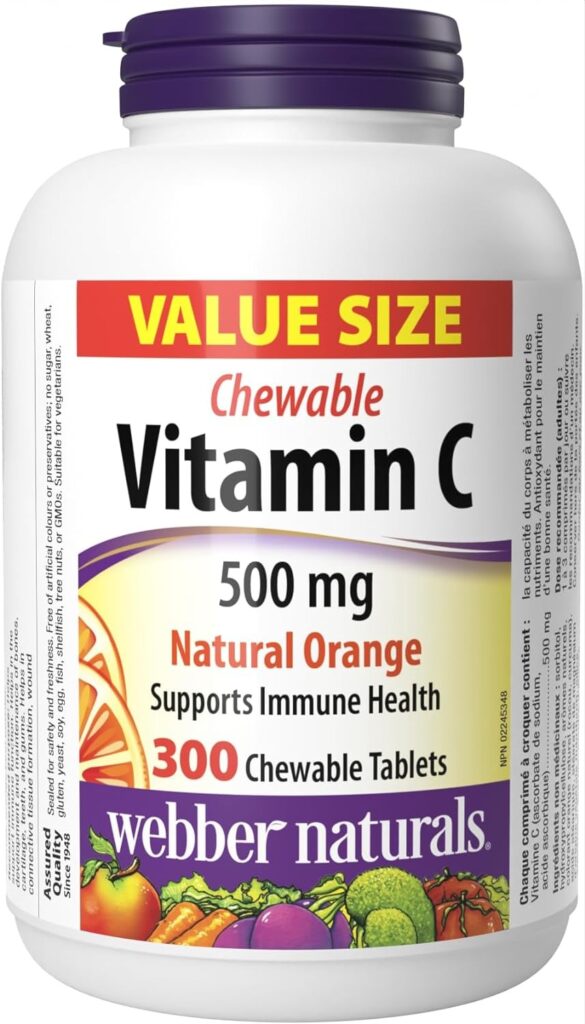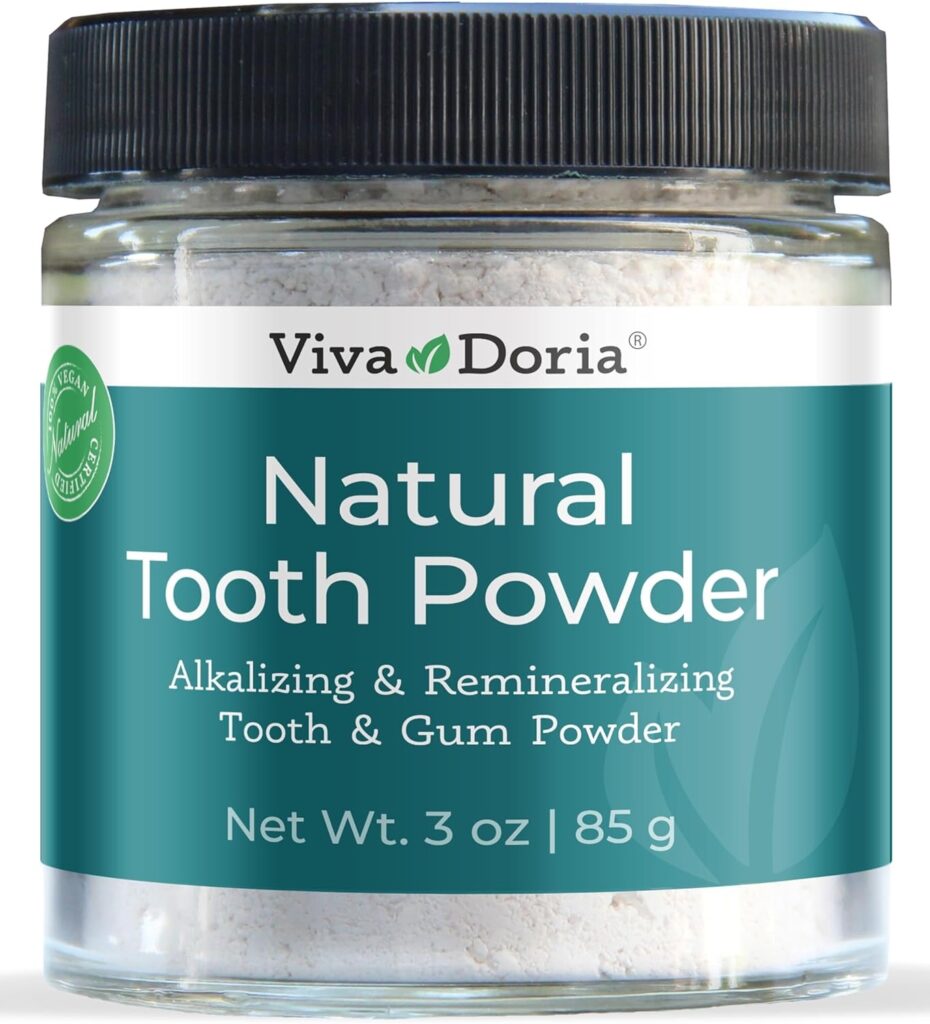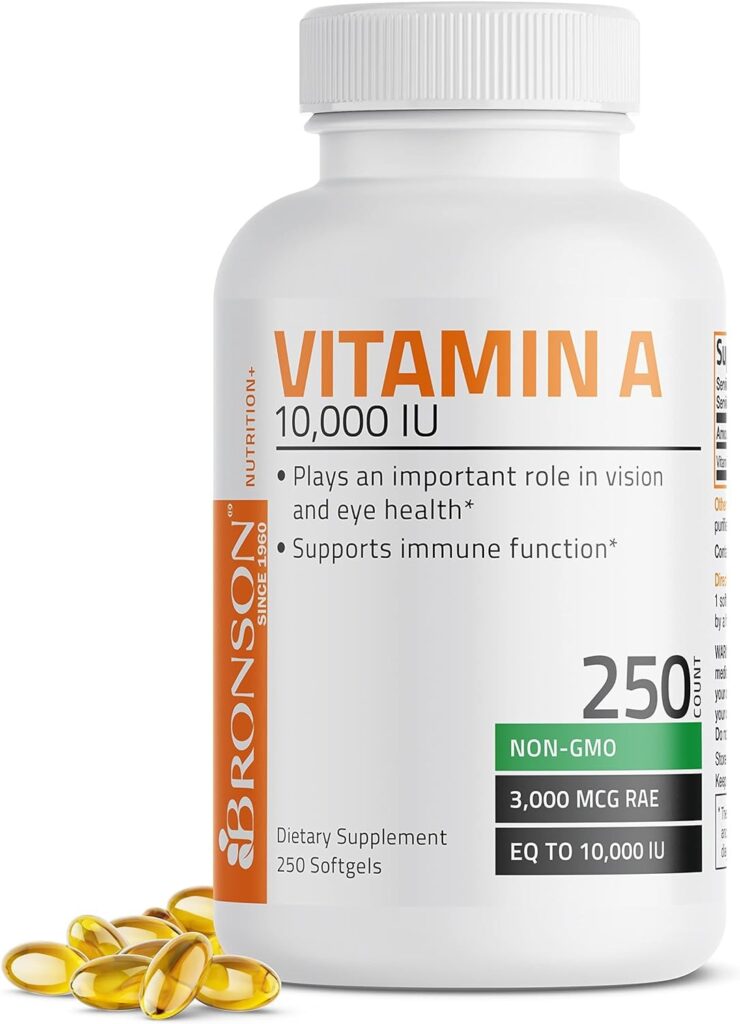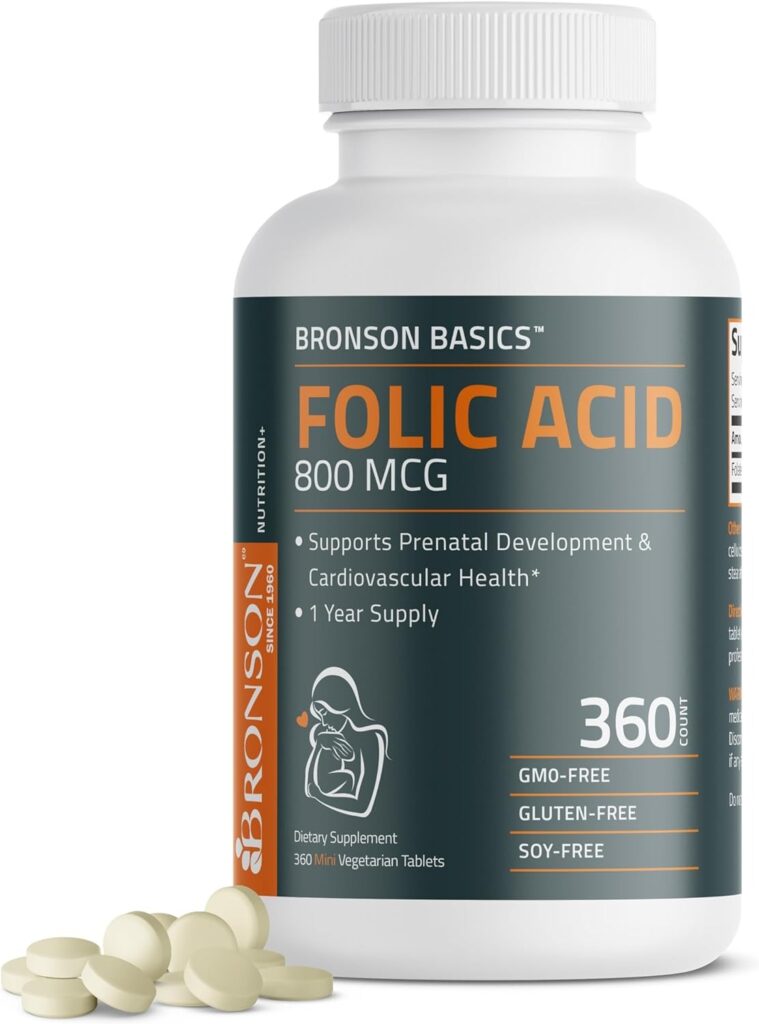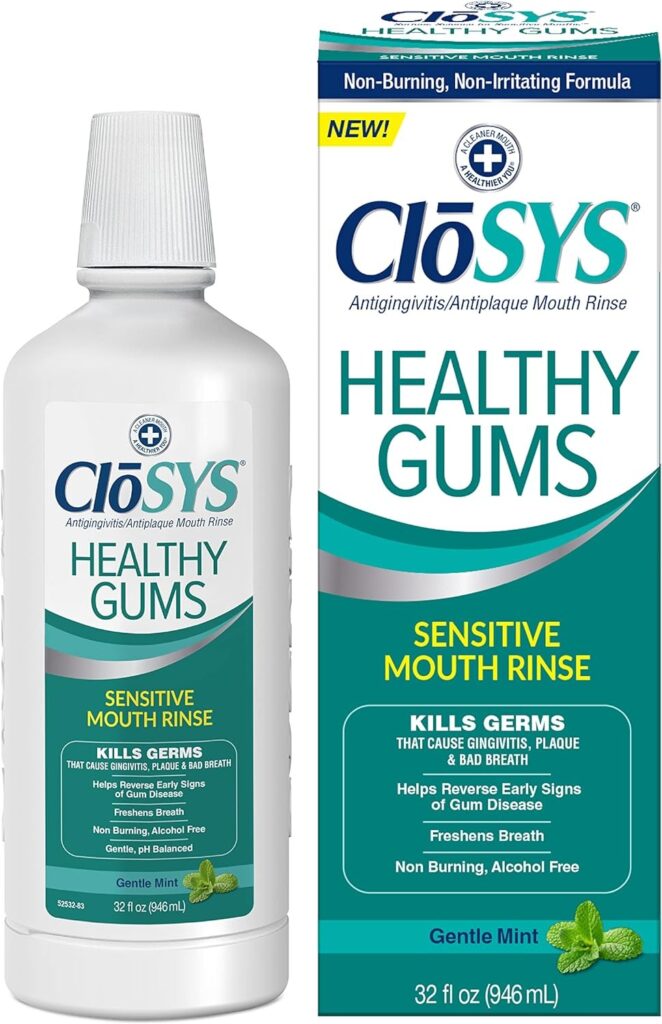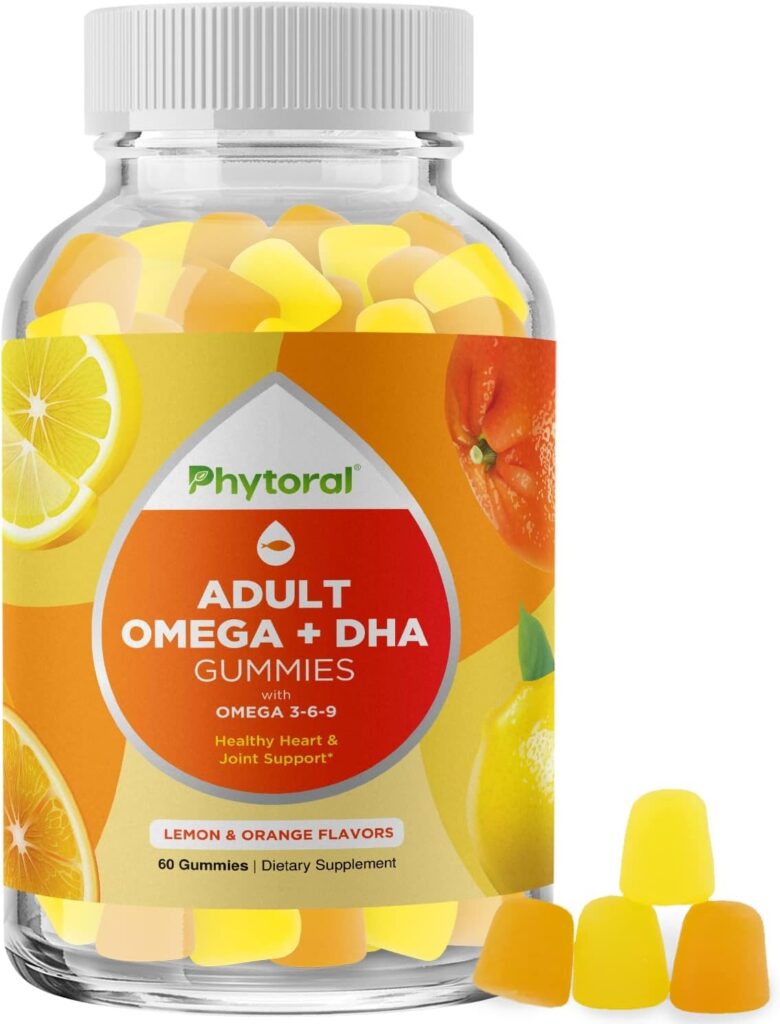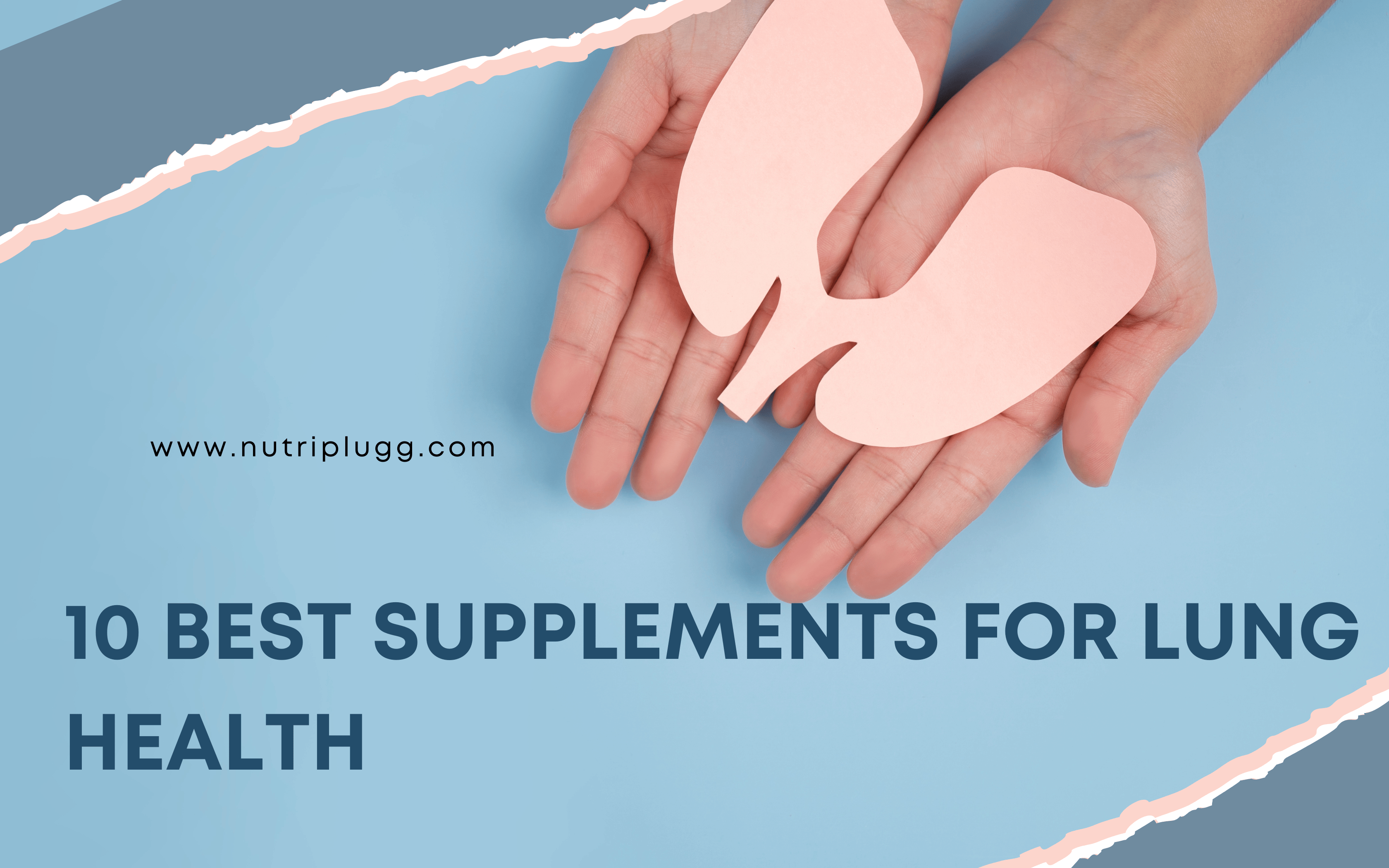10 best supplements and vitamins for teeth and gum
10 best supplements and vitamins for teeth and gum
Take care of your teeth and gums is very important for a healthy life. Because healthy teeth helps us to maintain a healthy diet. Eating a balanced diet and taking the right supplements can help keep your mouth healthy. These vitamins and minerals provide strengthen to your teeth, kills gum problems, and improve overall oral health. They can also fix specific issues that brushing can’t solve, giving you a complete approach to dental care. Here are the ten best supplements and vitamins for healthier teeth and gums:
1. Vitamin C
Vitamin C is important for the production of collagen, a protein that helps to provide the structure of gums. It also acts as an antioxidant, protects your gums from damage. Adequate vitamin C intake can prevent gum inflammation and bleeding, common signs of gum disease.
Benefits:
- Promotes collagen production, crucial for gum structure.
- Acts as an antioxidant, protecting gums from damage.
- Reduces inflammation and bleeding, preventing gum disease.
Sources:
- Citrus fruits (oranges, lemons)
- Strawberries
- Bell peppers and broccoli
2. Vitamin D
Vitamin D is important for calcium absorption, which is important for strong teeth and bones. It also plays a role in maintaining oral health by reducing the risk of tooth gum disease. Vitamin D deficiency can cause teeth to deteriorate and increase an individual’s vulnerability to infections.
Benefits:
- Enhances calcium absorption, vital for strong teeth and bones.
- Reduces the risk of tooth decay and gum disease.
- Supports overall immune function, aiding oral health.
Sources:
- Sunlight exposure
- Fatty fish (salmon, mackerel)
- Fortified dairy products and supplements
3. Calcium
Calcium is well-known for its role in building and maintaining strong bones and teeth. It helps in maintaining the health of the bone and tooth enamel, protecting from gum disease and cavities.
Benefits:
- Strengthens tooth enamel and jawbone.
- Prevents tooth decay.
- Supports overall bone health, maintaining dental integrity.
Sources:
- Dairy products (milk, cheese)
- Leafy green vegetables (kale, spinach)
- Almonds and fortified plant-based milks
4. Phosphorus
Together with calcium, phosphorus helps to form strong teeth and bones. It is necessary for the growth of tooth enamel, which keeps your teeth healthy and cavity-resistant.
Benefits:
- Aids in the formation of tooth enamel.
- Works with calcium to strengthen teeth.
- Prevents cavities and promotes overall dental health.
Sources:
- Meat (beef, chicken)
- Fish (salmon, cod)
- Dairy products (yogurt, cheese)
5. Vitamin A
Maintaining the health of your mouth depends on vitamin A. Saliva is necessary to keep your gums healthy and prevent tooth decay, and it also helps maintain the protective lining of your mouth. If you don’t get enough vitamin A, you may be more vulnerable to gum disease and cavities in your mouth. Including foods high in vitamin A in your diet can help maintain a happy mouth and a bright smile.
Benefits:
- Maintains mucous membranes and saliva production.
- Protects against tooth decay.
- Supports gum health and tissue repair.
Sources:
- Carrots and sweet potatoes
- Spinach and other leafy greens
- Apricots
6. Zinc
Zinc helps maintain healthy gums and reduces the growth of plaque in the mouth. Additionally, by preventing the growth of germs, it aids in the healing process of tissues and helps avoid bad breath.
Benefits:
- Reduces plaque formation.
- Improves gum health and prevents gum disease.
- Inhibits bacterial growth, reducing bad breath.
Sources:
- Meat (beef, pork)
- Shellfish (oysters, crab)
- Legumes (chickpeas, lentils)
7. Folic Acid (Vitamin B9)
Because folic acid is required for both division of cells and repair, it is important to keeping gums healthy. By reducing irritation while promoting tissue regeneration, it can aid in the avoidance of gum disease.
Benefits:
- Promotes cell growth and repair.
- Reduces gum inflammation.
- Supports tissue regeneration, preventing gum disease.
Sources:
- Leafy green vegetables (spinach, kale)
- Citrus fruits (oranges, grapefruits)
- Beans and fortified cereals
8. Coenzyme Q10 (CoQ10)
CoQ10 is an antioxidant that aids in cells’ ability to produce energy. It has been discovered to enhance the healing process of gum tissues and reduce inflammation, hence improving gum health.
Benefits:
- Enhances energy production within cells.
- Reduces gum inflammation.
- Promotes healing of gum tissues.
Sources:
- Meat (beef, chicken)
- Fish (sardines, mackerel)
- Whole grains and CoQ10 supplements
9. Probiotics
Probiotics are good microorganisms that balance the oral microbiota and enhance dental health. By lowering the quantity of dangerous bacteria in the mouth, they aid in the prevention of gum disease, cavities, and plaque accumulation.
Benefits:
- Balances the oral microbiome.
- Reduces harmful bacteria in the mouth.
- Prevents plaque buildup, cavities, and gum disease.
Sources:
- Yogurt and kefir
- Sauerkraut and other fermented foods
- Probiotic supplements
10. Omega-3 Fatty Acids
Because of their anti-inflammatory qualities, omega-3 fatty acids may be good for gum health. They lessen the chance of developing periodontal disease and assist to lessen gum inflammation.
Benefits:
- Possess anti-inflammatory properties.
- Reduces gum inflammation.
- Lowers the risk of periodontal disease.
Sources:
- Fatty fish (salmon, mackerel)
- Flaxseeds and chia seeds
- Omega-3 supplements
Conclusion
Including these minerals and vitamins in your diet can greatly enhance your dental health. Before beginning any new supplement regimen, you should, however, speak with a healthcare provider, especially if you have any underlying medical concerns or are already taking any other prescriptions. You can keep your teeth and gums strong and healthy for many years to come by maintaining proper dental hygiene and eating a balanced diet.
